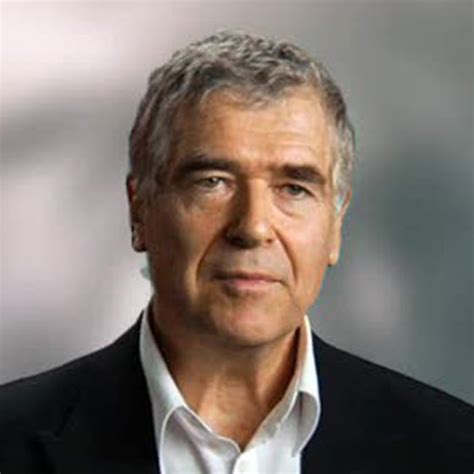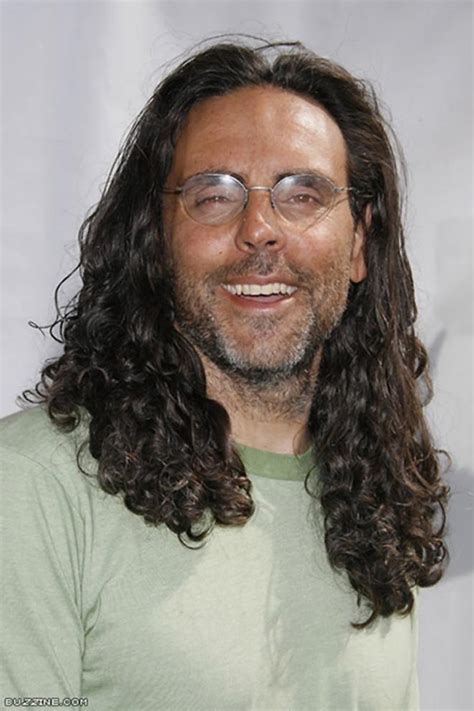A Quote by Karl-Henrik Robert
Fairness is an efficiency parameter if we look at the whole global civilization. It is not an efficient way of meeting human needs if one billion people starve while another billion have excess. It would be more efficient to distribute resources so that at least vital needs were met everywhere. Otherwise, for example, if kids are starving somewhere, dad goes out to slash and burn the rain forest to feed them - and so would I if my kids were dying. And this kind of destruction is everyone's problem, because we live in the same ecosphere.
Quote Topics
Another
Because
Billion
Burn
Civilization
Dad
Destruction
Distribute
Dying
Efficiency
Efficient
Everyone
Everywhere
Example
Excess
Fairness
Feed
For Example
Forest
Global
Goes
Human
Human Needs
Kids
Kind
Least
Live
Look
Man Needs
Meeting
Met
More
Needs
Otherwise
Out
People
Problem
Rain
Resources
Same
Somewhere
Starve
Starving
Them
Vital
Way
Were
While
Whole
Would
Would Be
Related Quotes
When I was first thinking about what would become Venture for America, I was trying to figure out how to solve a problem - that our top young people were being driven to roles that did not, to me, address the needs of our time. That VFA would be a non-profit just seemed like the most efficient way to solve the problem.
Facebook's a wonderful, incredible way to bring humanity together. They've brought together 2 billion people in the largest fictional family in history. So young people are starting to empathize with each other through Facebook across the globe. This is wonderful. However, when everyone needs Facebook because it's so successful that everyone's on it, then it starts to look like a global public utility, a public good. Same with Amazon.
Even if you could use all the organic material that you have--the animal manures, the human waste, the plant residues--and get them back on the soil, you couldn't feed more than 4 billion people. In addition, if all agriculture were organic, you would have to increase cropland area dramatically, spreading out into marginal areas and cutting down millions of acres of forests.
We might as well expect to grow trees from leaves as hope to build up a civilization or a manhood without taking into consideration our women and the home life made by them, which must be the root and ground of the whole matter. Let our girls feel that we expect something more of them than that they merely look pretty and appear well in society. Teach them that there is a race with special needs which they and only they can help; that the world needs and is already asking for their trained, efficient forces.
The UN special envoy on food called it a 'crime against humanity' to funnel 100 million tons of grain and corn to ethanol when almost a billion people are starving. So what kind of crime is animal agriculture, which uses 756 million tons of grain and corn per year, much more than enough to adequately feed the 1.4 billion human who are living in dire poverty?
I've been seeing the change. It's been steady. It's been more controlled than people think. And my own belief is that China knows it also needs to be part of the world, and that it needs to be able to have trade with Europe and the United States in order to house and feed a billion people. That's really kind of single-mindedly what they see their role as being.
We have to prepare for what life could become in 40 years. We need to outline what is possible and what is impossible with the non-renewable resources of the Earth. What role will technological improvement play? Taking all this into account, what kind of life can we produce in the best way for 10 billion people? That's a problem that needs to be solved.
If we could magically transport ourselves back to the young Earth, when it was only a billion years old or two billion years old or three billion years old or four billion years old, we wouldn't be able to survive. We would have a hard time surviving if we were transported to the time when dinosaurs were around.































